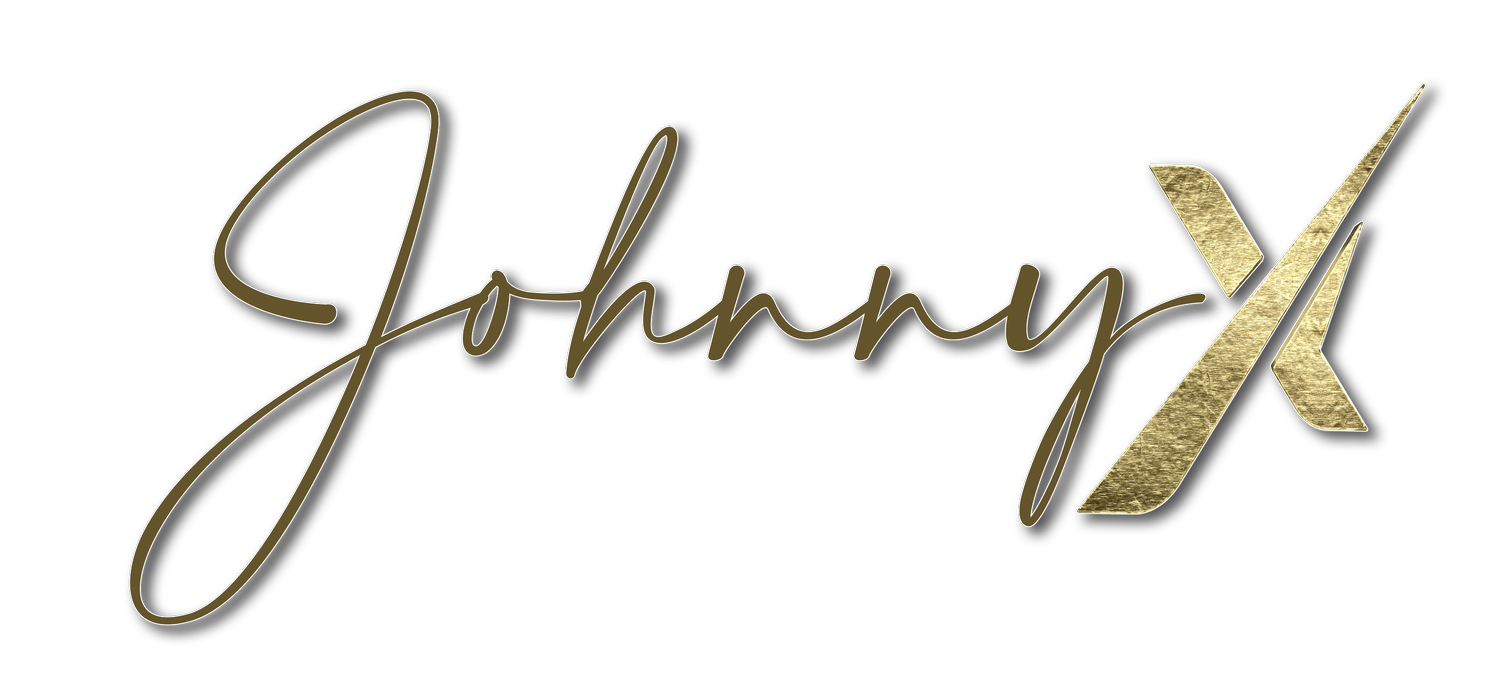Photography, social media & digital authenticity.
I started photography at the beginning of the digital era, it was at this time that high end cameras had become consumer products rather than just expensive professional tools. I had always wanted to shoot male physiques and started with my first digital camera which back then in 2011 was still quite expensive for what it was. At the same time, I had also invested in retouching education to learn what to do with my shots once my swanky new camera took them.
Coincidently, social media use was becoming more and more prevalent, smart phone apps were being introduced, and with the rise of digital photography the everyday person now had access to a good camera and the platforms to share their images. Along with the availability of pro-sumer tools and the increase of social networking came access to a wide range of editing software that had been watered down for easy use. Smart phones now came with apps that could change, or digitally manipulate specific aspects of an image. Grey skies could become sunny, people could be removed from a scene, and users were able to manipulate themselves to remove flaws, blemishes and even change body shape. FACETUNE by the tech giant APPLE became the go to tool for social media users.
Fast forward a few years, as my photography started to improve so did my retouching. This was when I really started to question the ethics around digital manipulation. Professional photographers had always retouched their work, even in the days of film, only now it had become much easier. There is a plethora of accounts on social media dedicated to retouching fails, both by everyday users and celebrities alike.
What really piqued my interest in this area was the question “How much is too much?” Where is the line drawn between subtle adjustments and total overhauls. This brings into play the concept of digital authenticity, especially when images are being used in online dating apps and social media influencer accounts. How real is the person behind the profile, is your Tinder date going to look like their picture when you meet up, and what do you do if they don’t?
I often get asked on shoots by models how I will retouch them, some even ask for specific adjustments to be made, whether it be size of muscles, skin and even facial features. These questions all lead back to authenticity online and its this concept that I’m going to discuss in further detail on this blog.
